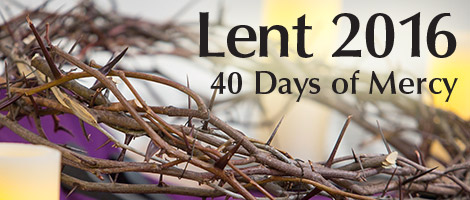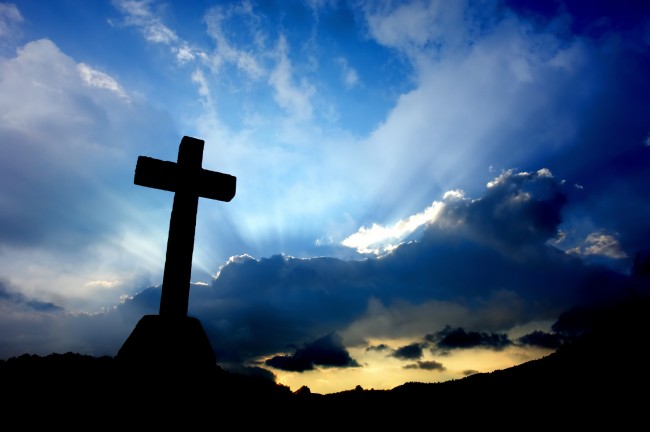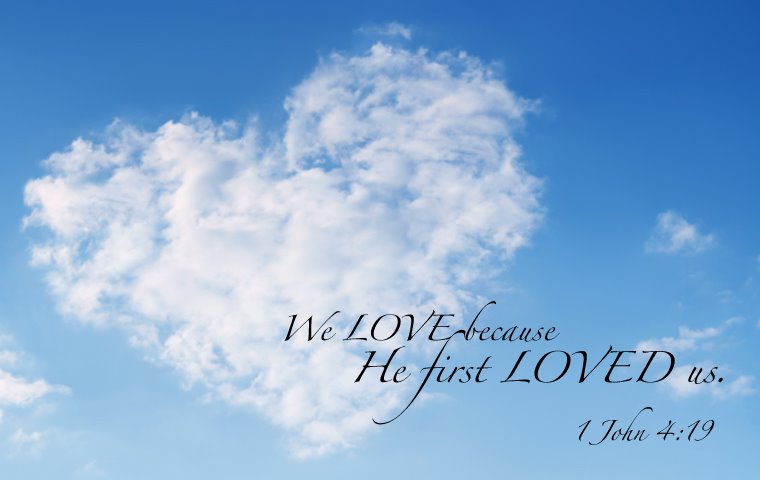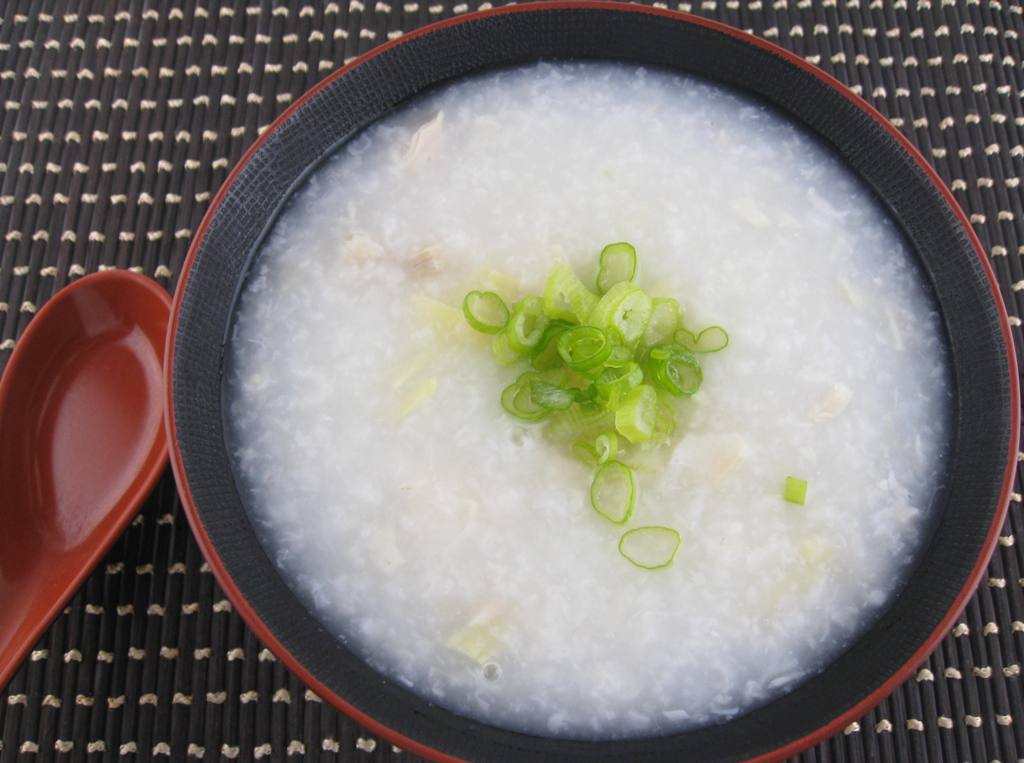2016年4月
文/Andy Lee

For many people in the UK, Easter is a time for chocolate eggs, bank holiday weekends, Mother’s Day and Lent. Lent occurs once a year in the period leading up to Easter, and traditionally lasts for 40 days (actually it’s 46 but Sundays aren’t counted). It’s a special time when Christians reflect on Jesus’ time spent in the wilderness being tempted by the devil. Jesus used this time to prepare for His work by fasting and praying. You can find this in the Bible, specifically in Matthew 4:1-11 and Luke 4:1-13. There seems to be several streams of thought behind what a Christian might do for Lent, and indeed the motive behind what they choose to do. There are those that choose to give something up, something that costs, something that makes them feel… less happy, or less content. You could call this a choice of sacrifice and suffering. Others choose to do something more proactive and outward focused. For example 40ACTS comes up with really creative ways to be extra generous during Lent – like giving up chocolate and donating the money to charity, or simply smiling more at everyone you face today (yes, that does indeed include your colleagues and the driver that didn’t let you out at the junction).
When we read the accounts of Jesus fasting, we don’t need to ask “from what?” as we do today. I think it’s a sign of just how much of a privileged life we live when fasting today can mean anything from Facebook to alcohol, and Coca Cola to coffee. I am not trying to belittle the very real sense of loss that someone may be going through from not having that beer or reaching for the remote control, rather I wish to highlight even more the extreme lengths that Jesus went to before launching full throttle into his mission of helping all of humanity to find their way back to God.
So Lent is a great opportunity for us to go deeper than we normally would; a special time of spiritual renewal and growth, and we choose to give something up or do something extra as a daily reminder of the deeper connection with God that we’re seeking in this period.
I had chosen to give up my normal eating habits and turn to a daily diet consisting of porridge for breakfast, and two meal replacement shakes for lunch and my evening meal (or dinner and tea/supper depending on where you’re from). I allowed myself hot drinks and plain drinks like cordial, but nothing fizzy. And I had one cheat meal a week. The first few days I was really struggling. Instead of being able to concentrate on my relationship with God, I was distracted by my hunger, combined with feelings of weakness and tiredness. The thought of lasting 40 days at that point felt like an eternity. The suffering was twofold – I was consuming just under 1000 calories less than the recommended daily allowance for my age, height and weight, and I sorely missed Lisa’s cooking. Our pillow talk at night descended from discussions about life plans and God opportunities to me crying out for a Burger King whopper or Egg Fried Rice with Chilli Shredded Beef (I am a BBC-British Born Chinese after all).
I have to admit, a strong reason for following this diet was to…diet. I aimed to lose some weight and start getting into shape. Another reason (and I wish I could say this was the only reason), was to deny myself and in doing so to understand, even if just a little, of what it felt like going hungry like Jesus did. At the time of writing I’m just halfway through and I’ve experienced things that I otherwise wouldn’t have. Firstly, I am able to catch the smallest, tiniest glimpse of what it’s like to go hungry every day. My whinging and grumbling about wanting a burger or pizza is petty and ignorant in light of the 795 million people in the world that do not have enough food to eat to lead a healthy life (www. wfp.org). Secondly, I get the smallest, tiniest glimpse of the discipline of Jesus, in how He intentionally went into the wilderness to overcome the necessary temptations at the beginning of His ministry, in order to fulfill His eventual mission. And thirdly, I gained a deeper appreciation of just how much Jesus loves us, because it was love in its most powerful expression that drove everything He did, including the 40 days in the desert and right up to the cross.
“The resurrection gives my life meaning and direction and the opportunity to start over no matter what my circumstances” – Robert Flatt.
When Lent has finished and we have celebrated the risen Lord at Easter, I will be trying to hold on to the risen Christ on a daily basis, to renew my gratitude each morning for what He has done and what He continues to do for us in this fallen world.
中文翻譯
捱餓
文/Andy Lee
翻譯/劉愛群
對於住在英國的許多人來說,復活節就意味著復活蛋、長達4天的週末假期、母親節和大齋期 (lent) 。大齋期一年一次,傳統上是指復活節前的40天(實際上是46天,但週日不計算在內)。這是一個特殊的時刻,讓基督徒反思耶穌在曠野被魔鬼試探的經歷。《馬太福音》四章1-11節和《路加福音》四章1-13節都有特別記載,在這段時間裡,耶穌禁食禱告,為祂將要展開的事工作好準備。
至於基督徒應該怎樣度過大齋期,和他們所作之選擇背後的動機,有幾項說法。有人會放棄一些能令自己快樂或滿足的事物,視為犧牲或受苦。另一些人會採取更主動和顯而易見的做法。舉例來說,一個基督教慈善機構所建議的「四十日行動」(40ACTS),提供了富有創意的方法,讓我們在大齋期額外地慷慨助人,例如放棄巧克力,將錢捐贈給慈善機構,或今天就向你碰見的每一個人展露多一點笑容(這也包括你的同事,和那位在十字路口拒絕讓路給你的駕駛人士!)。
當我們讀到耶穌禁食的經文時,無須像今天要問「禁什麼」?我想,這表明了我們活在一個物質多麼豐富的時代裡:「禁」的範圍可以包括從「面書」到酒精,從可樂到咖啡。我並不是要貶低放棄喝酒或看電視之人所遭受的那種「失落感」,我只是想強調耶穌在全面投入祂在世上的使命,幫助全人類與上帝復和之前,所作出的極大犧牲。
因此,大齋期是一個很好的機會、一段特訂的時間,讓我們更深入地尋求靈命的更新與成長。我們可以選擇放棄一些東西或做一些額外的事情,每天提醒自己,在這時要尋求與神建立更深的關係。
我選擇了放棄平時的飲食習慣,改為早餐吃粥,午餐和晚餐只喝健康奶昔。我也會喝一杯熱飲或果汁,但不喝汽水。每星期會「偷偷」吃一餐較豐富的。頭幾天我真的很掙扎,本應專注於與神的關係,卻被飢餓、軟弱和疲倦的感覺分心。想到要堅持40天,頓時感到度日如年。
我在承受雙重的苦難: 每天所吸取的能量,比起一般按我年齡、身高和體重而訂的需要還少了1000卡路里! 我真的很懷念妻子莉莎的烹飪,我們在晚上的枕邊細語,從以前談論的人生大計和與神相交的機會,淪為我迫切需要一個「漢堡王巨無霸」,或辣味牛肉絲炒飯。 (雖然我在英國出生,但畢竟是中國人嘛!)
我必須承認,沿用這餐單的其中一個主要原因,是為了……減肥。我的目標是要瘦身,讓體型像樣一點。另外一個原因是(我真希望能宣稱這是唯一的理由): 我想操練自己,藉此體驗一下耶穌當時捱餓的感受,哪怕只是一點點的體驗。在寫這篇文章的時候,我只是度過了禁食期的一半,但已經歷到前所未有的感受。首先,我稍微瞥見了每天捱餓是會怎麼樣的感覺。想到世界上有795萬人每天都吃不飽,不能過健康的生活 (可參看世界糧食計劃署網頁www.wfp. org),我嚷著要吃漢堡包或披薩餅的抱怨,便顯得小氣和無知了。其次,我瞥見了耶穌如何為自己的事工做好準備,刻意地走進曠野,戰勝了必須經過的試探,以便履行祂最終的使命。第三,我更深入地了解到耶穌是多麽愛我們,祂為我們所做的一切,包括在曠野裡的40天,直到祂被釘十字架的那一刻,都強而有力地表達了這份愛。
羅伯特•弗拉特 (Robert Flatt) 說: 「耶穌的復活使我的生命有了意義和方向感,無論我現在的光景如何,都有機會重新開始。」
隨著大齋節和復活節都過去,而我們也已慶祝了主的復活之後,我將會天天努力跟隨復活的基督,每天早上都重新獻上感恩,感謝祂在這個墮落的世界為我們所做的一切。







